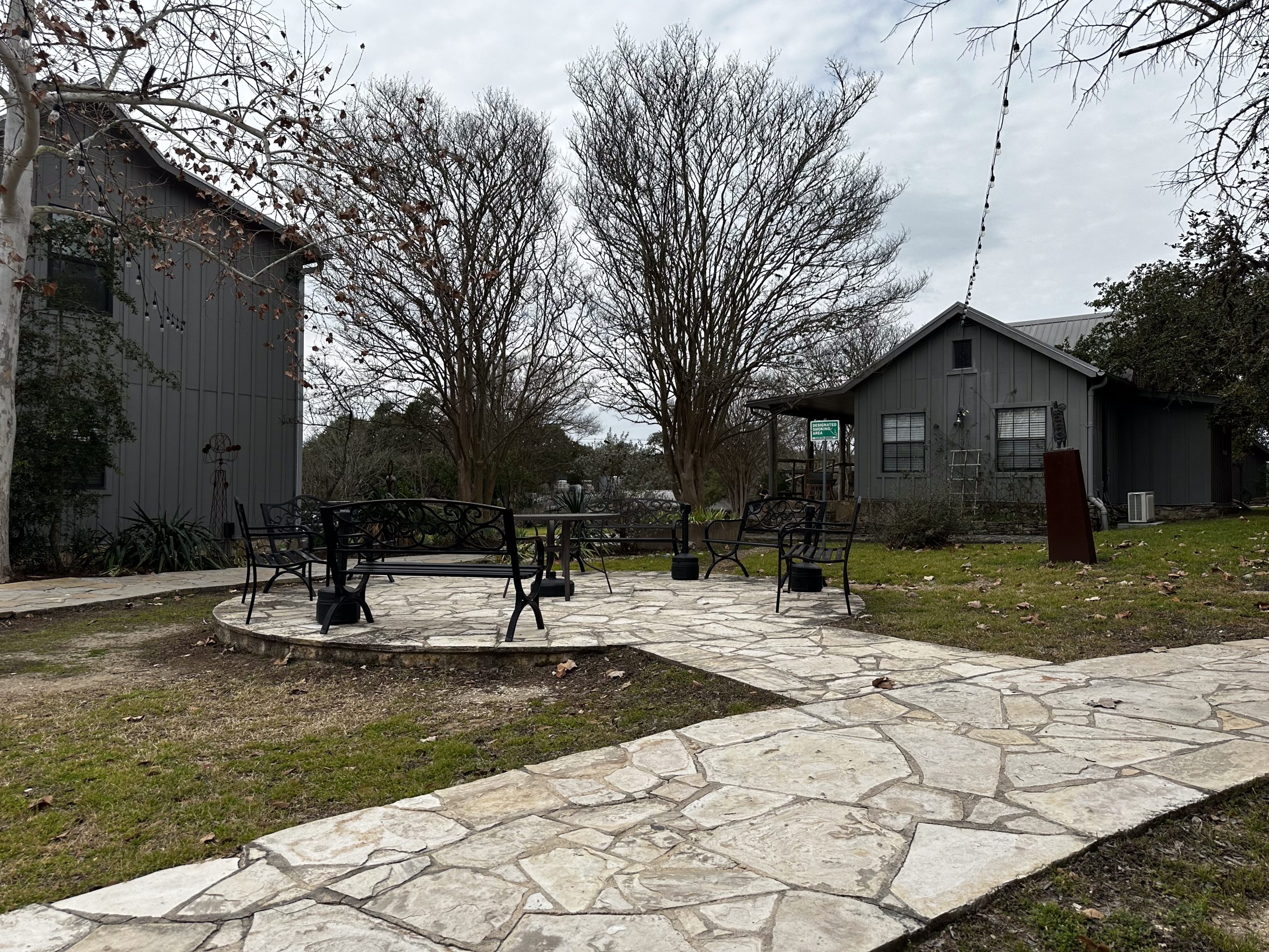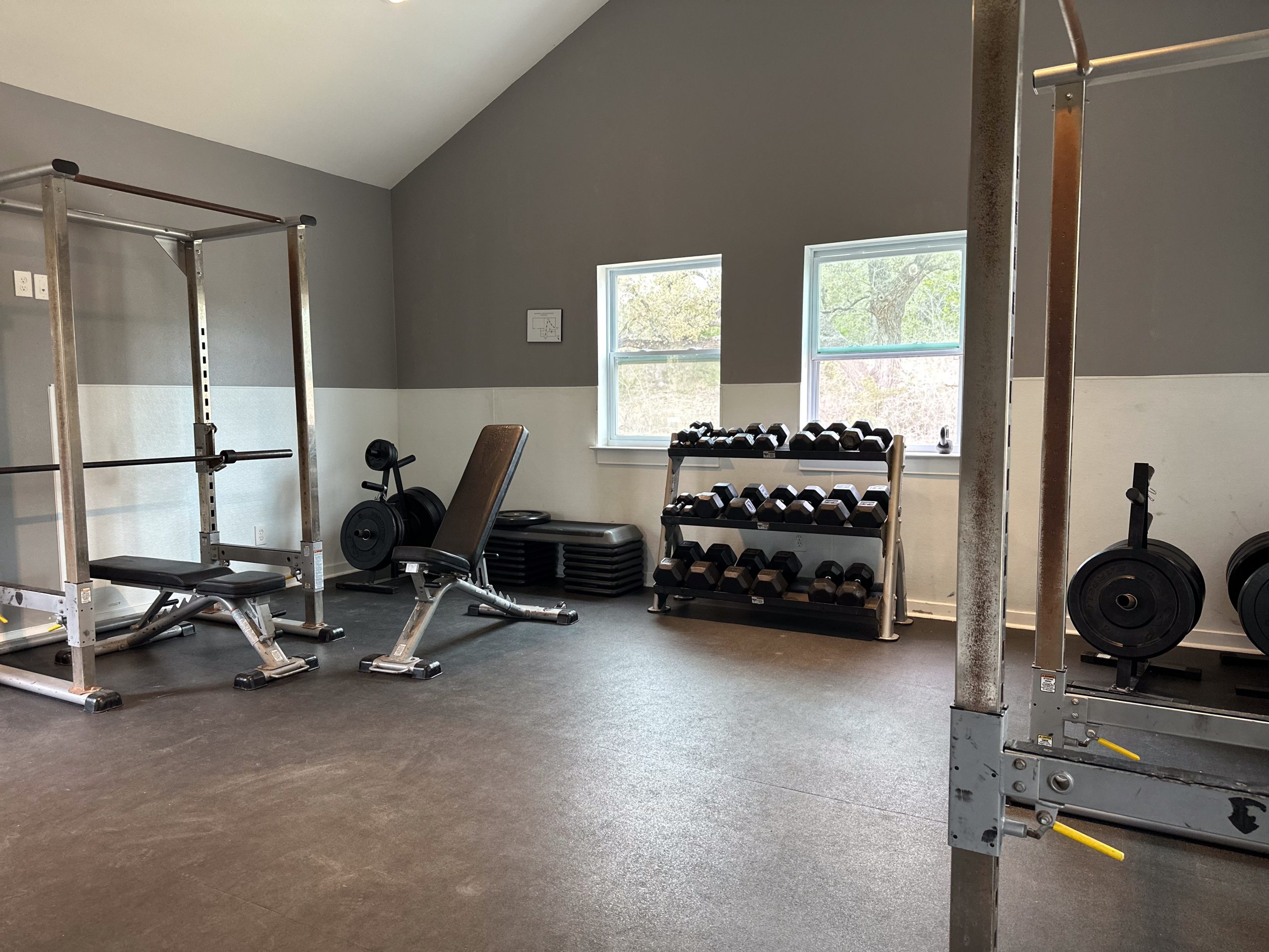Last Updated on August 8, 2025
Detoxification (Drug Detox): The First Step Toward Addiction Recovery
When someone decides to break free from the grip of substance addiction, the first major hurdle they face is withdrawal. For those addicted to alcohol, opioids, or other substances, detoxification, often called drug detox, is the critical starting point. This process allows the body to begin healing by clearing it of harmful substances under medical supervision. While detox alone is not a cure for addiction, it is an essential first step toward long-term recovery.










In this article, we’ll take a closer look at what detox really involves, why medical supervision is crucial, how withdrawal symptoms are managed, and what happens after detox ends. Whether you’re considering treatment for yourself or a loved one, understanding this process can help reduce fear and empower better decisions.
What Is Drug Detox?
Detoxification is the medical and physiological process of clearing drugs or alcohol from the body. When someone stops using addictive substances, their body reacts to the sudden absence. These reactions are known as withdrawal symptomsand can range from uncomfortable to life-threatening, depending on the substance, usage patterns, and individual health.
At Nova Recovery Center, our medically supervised detox programs are designed to manage this transition safely and comfortably, helping clients begin the recovery process with dignity and support.
Freedom Starts Here. Take Back Your Life Today.
Same-Day Admissions in Austin Available.
Why Is Drug Detox Necessary?
Addictive substances like alcohol, heroin, prescription opioids, benzodiazepines, and stimulants interfere with the brain’s natural chemistry. Over time, the brain and body become dependent on these substances to function “normally.” Once a person stops using, the body begins to recalibrate—and that adjustment often comes with intense physical and psychological symptoms.
Detox is necessary for two primary reasons:
Safety: Withdrawal from certain substances—especially alcohol and benzodiazepines—can cause seizures, hallucinations, or dangerous fluctuations in blood pressure. Medical detox ensures these symptoms are monitored and treated as needed.
Stability: Managing symptoms in a controlled environment reduces the risk of relapse. When individuals attempt to detox on their own, the discomfort of withdrawal can quickly lead them back to substance use. A supervised detox provides a safer, more structured start to recovery.
Substances That Commonly Require Detox
Not every addiction requires the same level of medical intervention, but many do benefit from supervised detox. Some of the most common include:
Alcohol – Withdrawal can cause seizures, tremors (DTs), anxiety, and hallucinations.
Opioids – Withdrawal symptoms may include nausea, muscle pain, insomnia, and cravings.
Benzodiazepines – Dangerous withdrawal symptoms can include seizures, panic attacks, and psychosis.
Stimulants (e.g., cocaine, meth) – Withdrawal may cause depression, fatigue, irritability, and suicidal thoughts.
Marijuana – While not as severe, withdrawal can still lead to mood swings, sleep problems, and cravings.
Each substance presents its own risks, and detox should be tailored to the individual’s specific substance use history.
What Happens During Medically Supervised Detox?
A medically supervised detox provides around-the-clock care to ensure that withdrawal symptoms are properly managed and that patients are stabilized. Here’s what typically happens during the process:
1. Comprehensive Evaluation
Upon admission, clients undergo a thorough medical and psychological evaluation. This includes:
Medical history
Substance use patterns
Mental health screening
Lab tests, if necessary
This information helps medical professionals determine the safest approach for detox and identify any underlying conditions that may affect treatment.
2. Stabilization Phase
Once the evaluation is complete, detox begins. Doctors may prescribe medications to manage withdrawal symptoms, reduce cravings, and prevent complications. These might include:
Benzodiazepines for alcohol withdrawal
Buprenorphine or methadone for opioid detox
Anticonvulsants or mood stabilizers for certain symptoms
IV fluids and electrolytes for hydration and balance
Throughout this phase, the focus is on stabilizing the patient both physically and emotionally. Nurses monitor vitals, provide emotional support, and help patients stay as comfortable as possible.
3. Preparation for Treatment
As the physical symptoms subside, attention turns to the next phase: treatment planning. Counselors begin to work with the client to prepare for residential or outpatient care. Detox is not the end of the journey—it’s only the beginning.
Other Outpatient Drug and Alcohol Rehab Locations
Is Drug Detox Painful?
One of the most common fears about detox is whether it will be painful. While withdrawal can be physically and emotionally challenging, medical detox greatly reduces discomfort.
Medications, supervision, and emotional support all help to:
Minimize physical pain
Reduce anxiety and panic
Manage sleep disturbances
Address cravings in a safe setting
At Nova Recovery Center, we’re committed to compassionate care. Our detox programs are designed to make the process as safe and manageable as possible.
Common Withdrawal Symptoms by Substance
Understanding what to expect can alleviate fear. Below are common withdrawal symptoms based on the type of substance:
Alcohol Withdrawal
Tremors
Sweating
Anxiety
Seizures
Hallucinations (delirium tremens)
Opioid Withdrawal
Muscle aches
Nausea and vomiting
Diarrhea
Insomnia
Anxiety and agitation
Benzodiazepine Withdrawal
Panic attacks
Seizures
Irritability
Insomnia
Muscle tension
Stimulant Withdrawal
Fatigue
Depression
Suicidal ideation
Intense drug cravings
Psychomotor slowing
How Long Does Detox Last?
Detox duration varies based on multiple factors:
Type of substance
Length and severity of use
Overall health
Co-occurring disorders
Here’s a general timeline:
Alcohol: 3–7 days
Opioids: 5–10 days
Benzodiazepines: Up to 2 weeks or longer (often tapered)
Stimulants: 3–7 days
Remember, these are average timelines. Your experience may differ, and a healthcare provider can give more accurate guidance.
Freedom Starts Here. Take Back Your Life Today.
Same-Day Admissions in Austin Available.
Detox Is Not a Cure
It’s vital to understand that detox alone does not equal recovery. While it addresses physical dependence, it does not resolve the psychological or behavioral roots of addiction. Without further treatment—therapy, counseling, support groups, relapse prevention—most individuals will return to drug use.
According to the National Institute on Drug Abuse (NIDA), detox should always be followed by a structured treatment program. Recovery is a long-term process that involves learning new coping skills, healing emotional wounds, and rebuilding one’s life.
What Happens After Detox?
After detox, clients are encouraged to transition into one of the following:
Inpatient/residential treatment – Ideal for those needing a stable, immersive environment.
Intensive outpatient programs (IOP) – Flexible option that allows for continued work or school.
Therapy and support groups – One-on-one counseling, group sessions, and 12-step involvement.
Sober living – Drug-free housing that supports independence and accountability.
At Nova Recovery Center, we ensure a seamless transition from detox into the next phase of care. Our team builds a personalized treatment plan during detox so that clients can move forward with clarity and confidence.
Why Choose Nova Recovery Center for Detox?
When it comes to your health and recovery, the environment matters. At Nova Recovery Center, we offer:
24/7 medical monitoring
Experienced detox professionals
Evidence-based protocols
Medication-assisted detox when needed
Individualized treatment plans
Warm, supportive atmosphere
Our goal is not just to get you through detox—it’s to help you start a whole new direction in life. Detox is the doorway to hope, and we’re here to guide you through it safely.
Take the First Step Toward Healing
Deciding to seek help for addiction is one of the most courageous things a person can do. If you or someone you love is struggling with substance use, medically supervised detox can be the first, life-saving step toward recovery.







